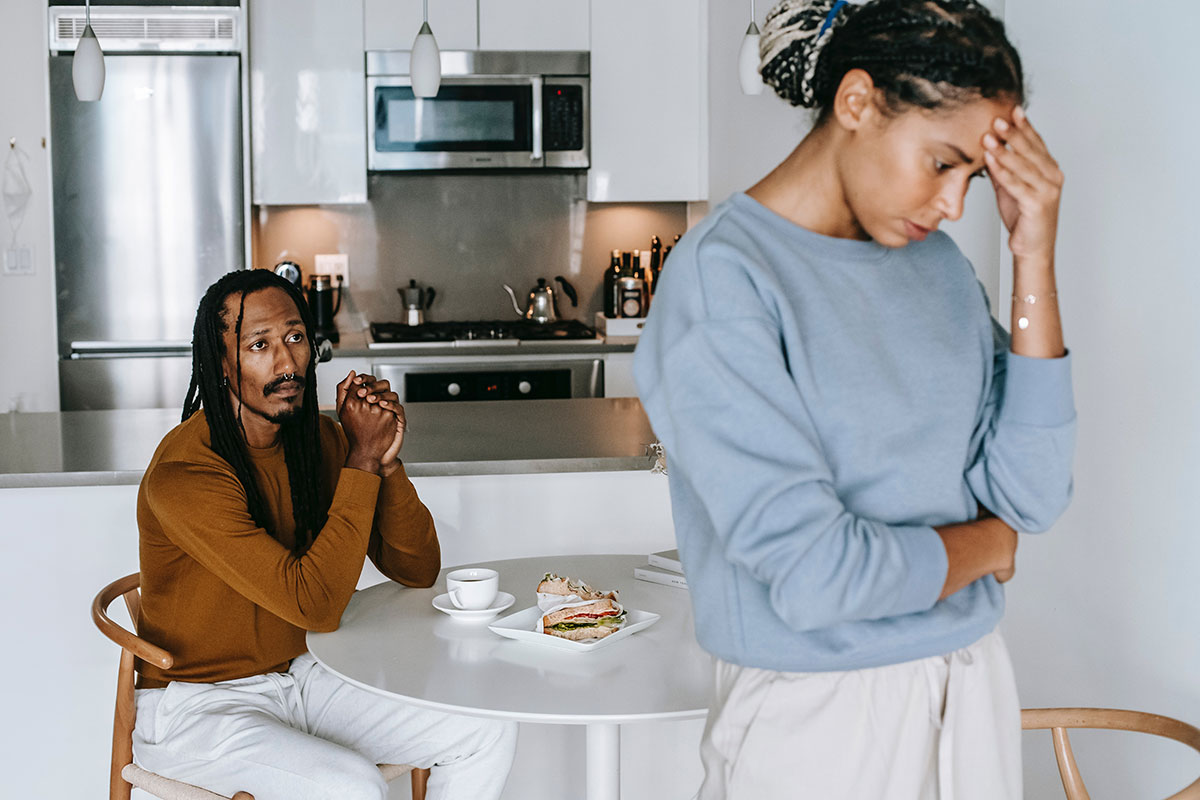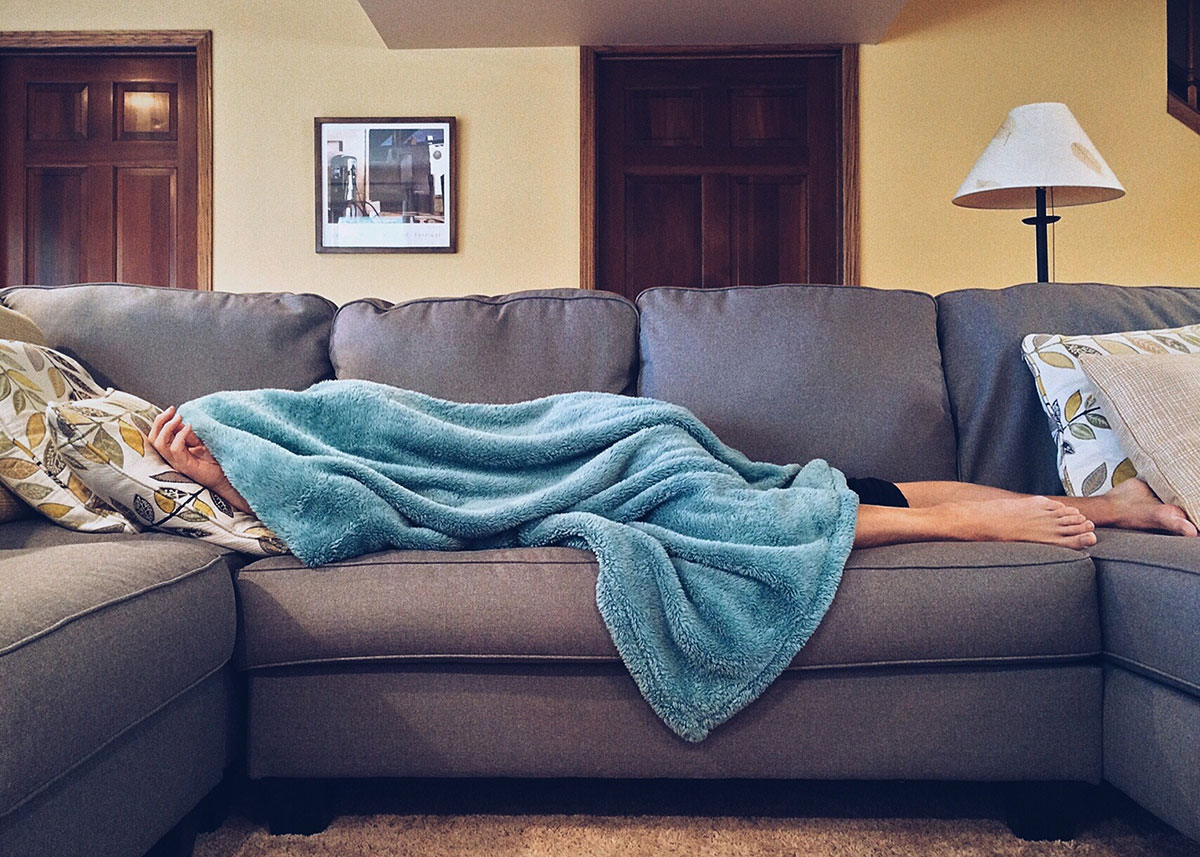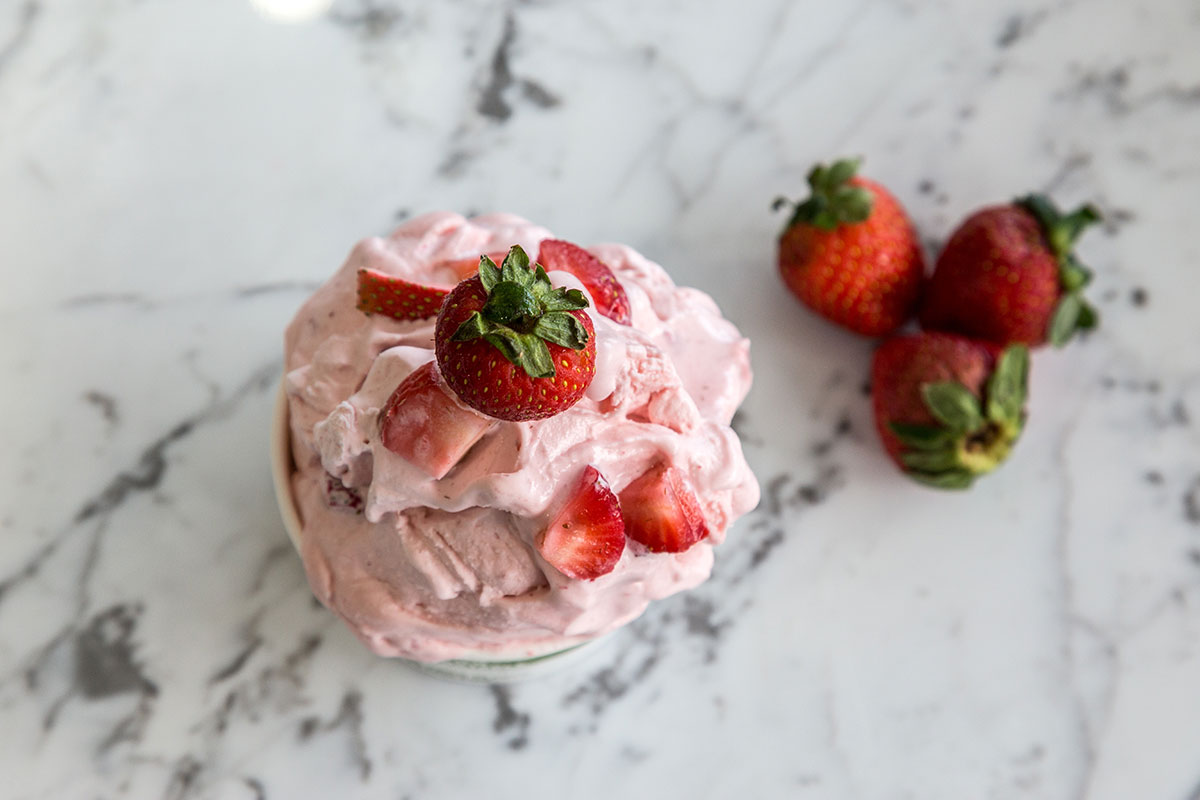Many of us struggle to get a good night’s sleep, so with World Sleep Day coming up (19 March) we caught up with wellbeing expert Dominique Antiglio, Sophrologist at BeSophro Clinics.
Here’s her tips for a better night’s sleep:
Stop ‘no-sleep’ Bragging
Don’t brag about how little sleep you get or say you’re “too busy to sleep” as it isn’t healthy! Sleep deprivation has real health implications and is counter-productive, so we should be encouraging more sleep, not less. Yes, we do like being “on the go”, but dedicating enough time to “letting go”, sleep being the ultimate form, is the only way you can sustain a busy lifestyle in a healthy way.
Ban Arguments Two Hours before Bed

Be mindful of the emotions you’re going through in the hours preceding going to bed, as they will impact how quickly you fall asleep and the quality of sleep. Wrap up arguments two hours before bed, and have them outside of the bedroom, so the space remains a sanctuary for sleep. Also, wrap up work, tense calls or anything that causes stress unnecessarily by 6pm to minimise the opportunity to become entangled in something that will negatively impact sleep.
Permission to Afternoon-Nap

Your circadian rhythm (body’s biological clock) dictates that most people will have a natural energy slump between 1pm and 3pm. If you have trouble sleeping, you’ll feel it even more. Instead of fighting it, take a 10-15-minute power nap – but no longer, as you don’t want to go into sleep deep. There’s a false belief that if you rest or sleep during the day, you won’t be able to sleep during the night. Daytime naps recalibrate the nervous system, so you feel less ‘wired’ come evening, improving your chances of falling asleep.
Skip Dessert in the Evening

Sugar intake can have a detrimental effect on the nervous system and the enablement of your body in releasing the right hormones to encourage sleep at night, so try to avoid high-sugar foods too close to bedtime. You can still treat yourself to a dessert, just try to have it a bit earlier!
Hum yourself to Sleep
Granted, this might have the opposite effect for your partner, but if you’re heading to bed early or have the room to yourself, practise a Sophrology humming technique that has been shown to have a therapeutic effect on the body. Inhale deeply, fill your lungs and as you breathe out, hum gently and evenly. Repeat until you’re deeply relaxed and feel ready to fall asleep. The vibration created by the humming acts like a tuning fork to refocus the mind and bring the body into a state of calm and relaxation. It’s not quite a lullaby but works just as well!




